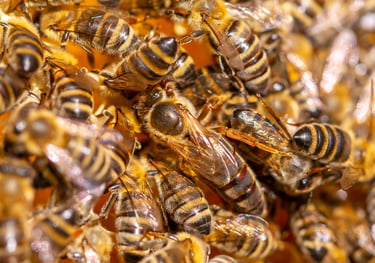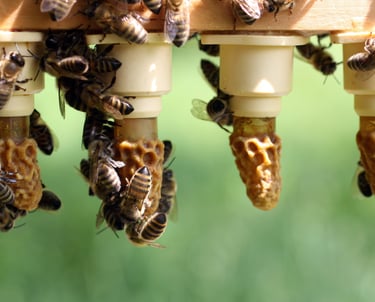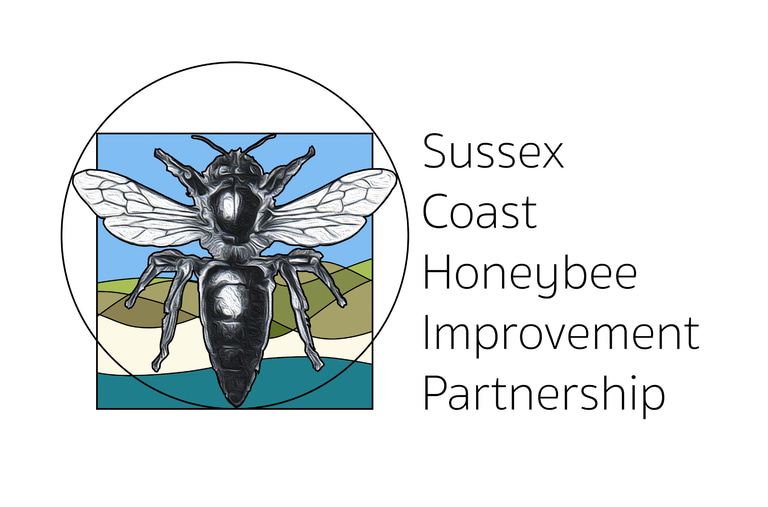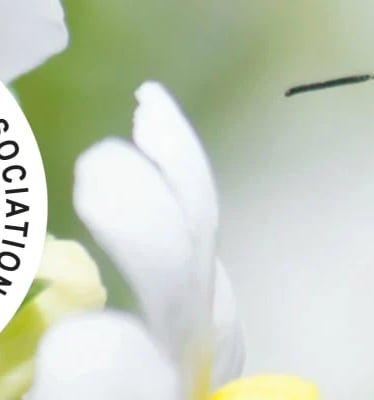Objectives
To reduce the reliance on imported bees and queens and to work to improve the standard of local honeybee stocks with an emphasis on better health and docility.
Initially, the short-term objective is to develop colonies which have not had imported queens introduced to them for as long as possible.
By selecting the best of these colonies to rear queens from, the locally adapted strains can be improved further.
Once the quality of reared queens has been confirmed these can be made available to like-minded beekeepers within the geographical vicinity as an alternative to imported queens.
Individuals will be supported and encouraged to increase drone production in these colonies and to only breed/make increase from colonies which show traits in line with the group’s aims.
The intention will be to always select for near-native bees with health and docility in mind while still maintaining a sufficiently large gene pool from local resources such that the group is not unintentionally selecting out a desirable adaptation which may not be easily quantified.
We encourage others to do the same with their own near-native stocks to maximise the distribution of selected genetics in the locality.
In line with the aims of BIBBA, recent focus has been on hygienic behaviour and Varroa tolerance. The majority of our breeding stock come from colonies demonstrating degrees of hygienic behaviour and this is closely monitored and recorded in our queens. Please contact us to find out more.
Maintain and improve a locally adapted dark honeybee
Working with as near native Apis mellifera mellifera (Amm) strain as we can, we wish to maintain our locally adapted dark bees of the best genetic stock and to make queens available to local beekeepers interested in establishing the subspecies in their apiaries. Using these stocks we would like to make further improvements in both health (with a particular focus on resistance to Varroa destructor) and docility, thereby having an advantageous effect on the local gene pool in the longer term.
Promote desirable drones
We aim to encourage beekeepers to actively produce abundant drones in their best near native colonies and practice drone removal in hives which fail to show traits aligned to the group’s aims. With an increased number of desirable drones in the locality it is hoped that in the medium to long term there will be a beneficial effect on queen mating and maintaining desirable qualities within the population.


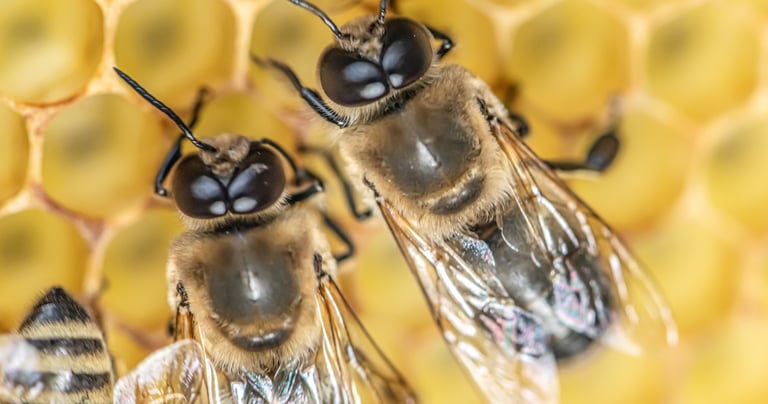

Encourage the use of locally bred, near-native queens
We want to dissuade beekeepers from buying in imported bees and queens, even from what may be considered geographically local stocks (e.g. neighbouring counties). By increasing the popularity and availability of bees which possess desirable traits and show local adaptation we hope this will make imports less desirable and therefore reduce the requirement for imported bees, especially early in the year. This agrees with the aims of both BIBBA and the BBKA who now actively encourage British beekeepers to breed their own queens rather than buying imports.
Encourage and promote local queen rearing
Very few beekeepers raise their own queens, relying on the bees' natural ability to raise queens through swarming or splitting colonies. By providing fellow beekeepers with the training and support needed to undertake small-scale queen rearing in their own apiary we hope to encourage the breeding of queens from the best stocks selecting for those which naturally supersede and demonstrate excellent health, vigour and docility.

